“Young doctors are young for a blink, and they age with their patients. My advice to my young colleagues: knock first and then, most importantly, listen for the response. Listen for their story. In story lies the cure.”
“In this reflection, I explore the barriers between understanding grief and communicating with ancestors beyond life…. I particularly focus on what it means to ‘reach’ out for an ancestor across the barrier of their death.”
“I believe educators should remain steadfast in integrating the humanities into health professions education. There are many—particularly systemic—barriers to such efforts, but the outcomes can be deeply rewarding.”
“I have found that [breast and colorectal cancer patients] share the same labyrinth and my new, uncertain life is not quite as frightening. The blue of a colon cancer ribbon is lovely. So is pink.”
“The center was my rest stop in my trek through cancer. It shimmers through my own understanding of how to care for people…But over a decade later, what I remember most is a feeling of restoration. … Being a patient makes you feel like a baby in a basket floating down a river with rapids.”
“Godfrey’s piece … reminds me how stories get told and re-told in many ways, in many layers. Like medicine in a glass bottle, sometimes our stories stay inside us, waiting to be opened, waiting for the words.”
“Years later, I still wonder what story the family of my patient carries of that death. The one thing they most needed to hear—that their loved one was dying—remained unsaid.”
“Psychologist and writer Faith Galliano Desai provides a solution, but it isn’t an easy one. She instructs us to remember that anxiety is energy that must move. If we let it pass through us, it will lose its power.”
“For fifty-eight years, I've lived with Type 1 Diabetes. My body speaks in tremors, in metallic tastes, in sudden collapses that look like laziness to people who don't know better…I've spent decades translating myself for others—apologizing for leaving early, for needing to sit, for being tired when I looked fine.”

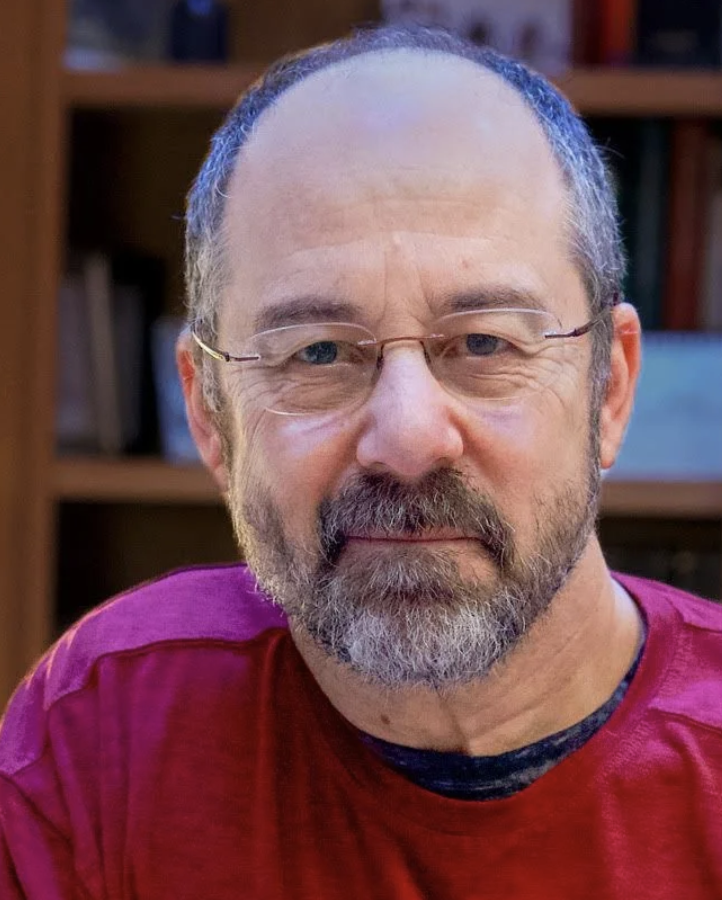
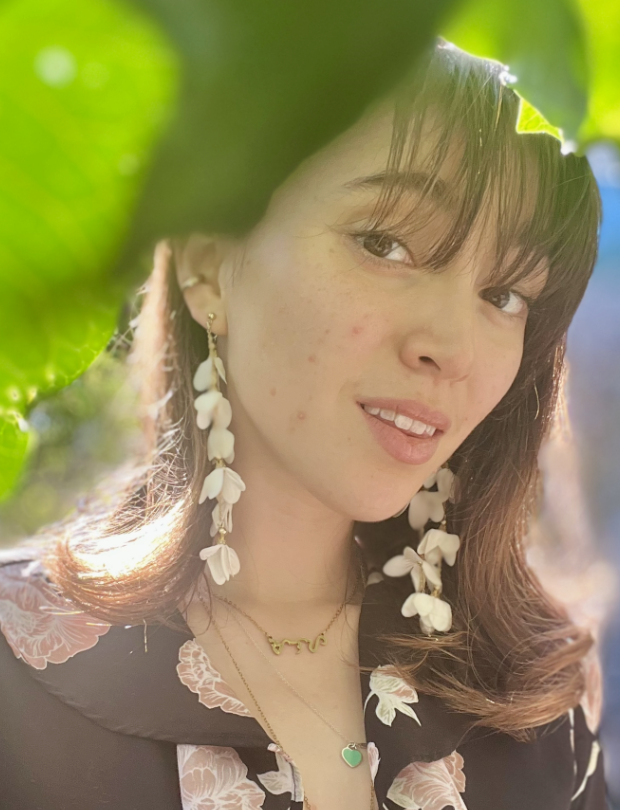
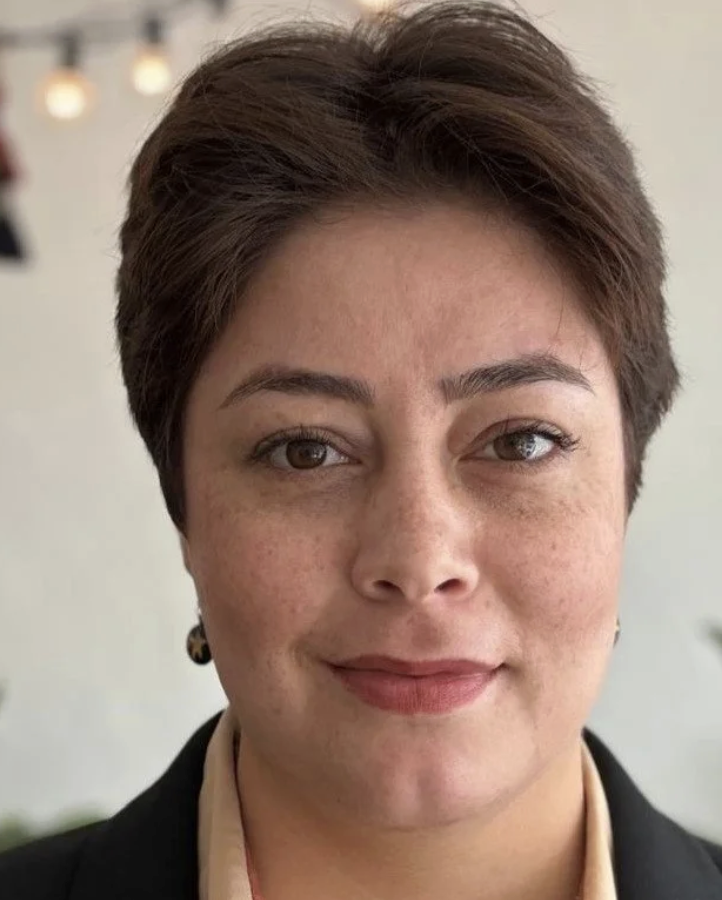
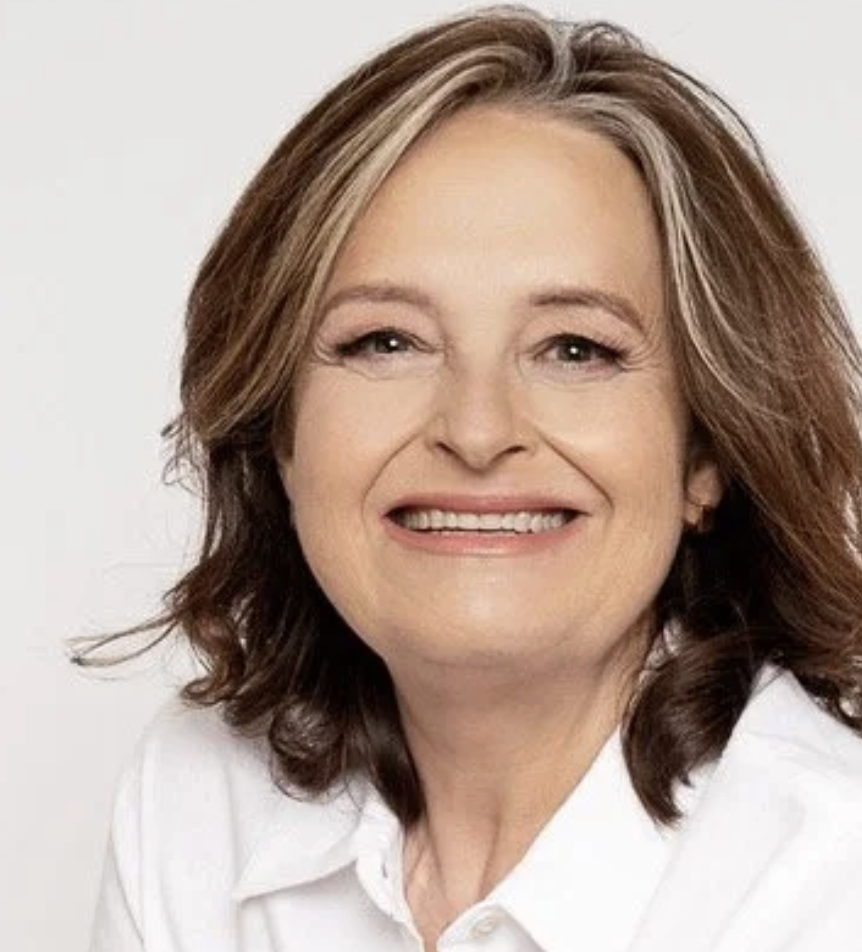
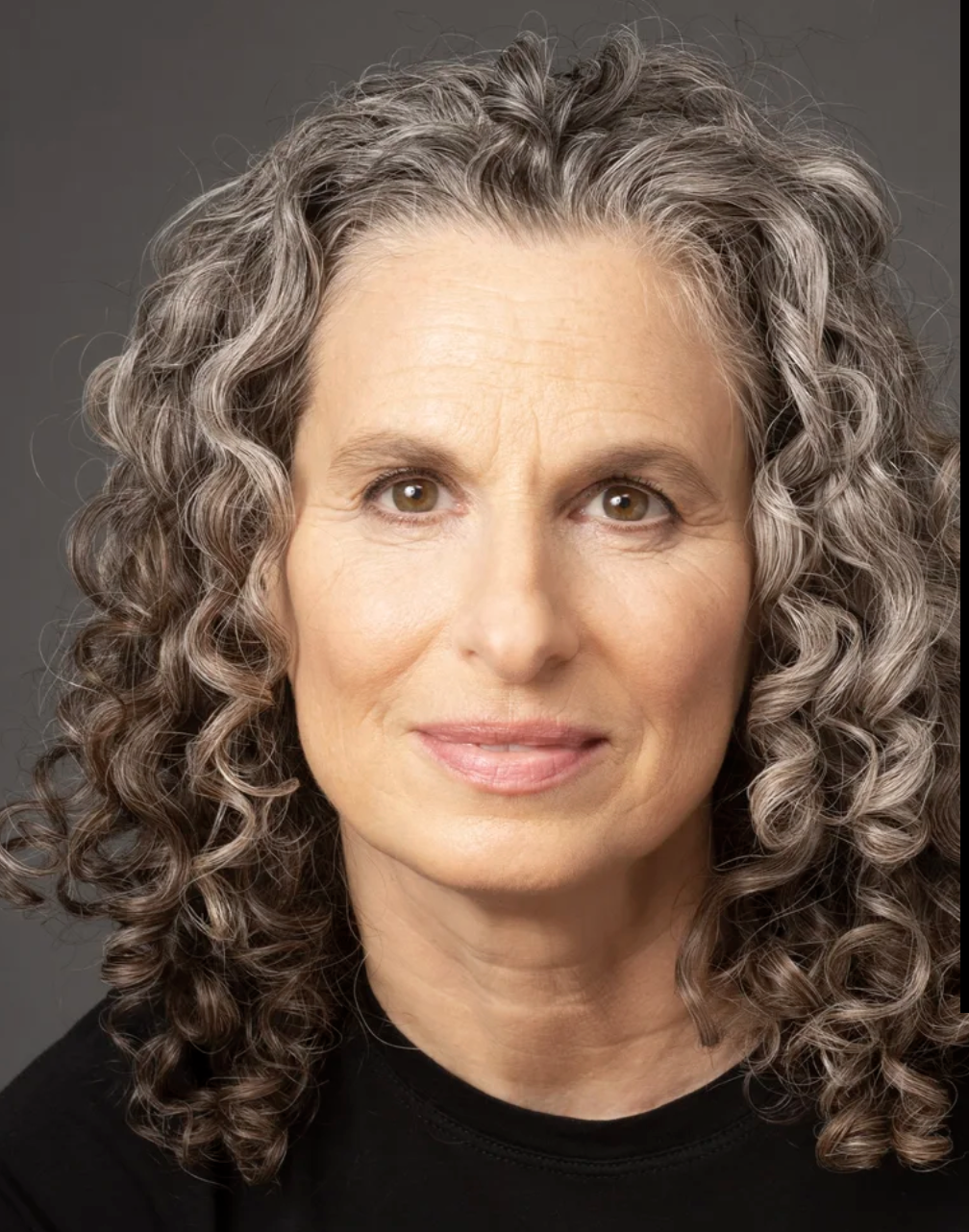
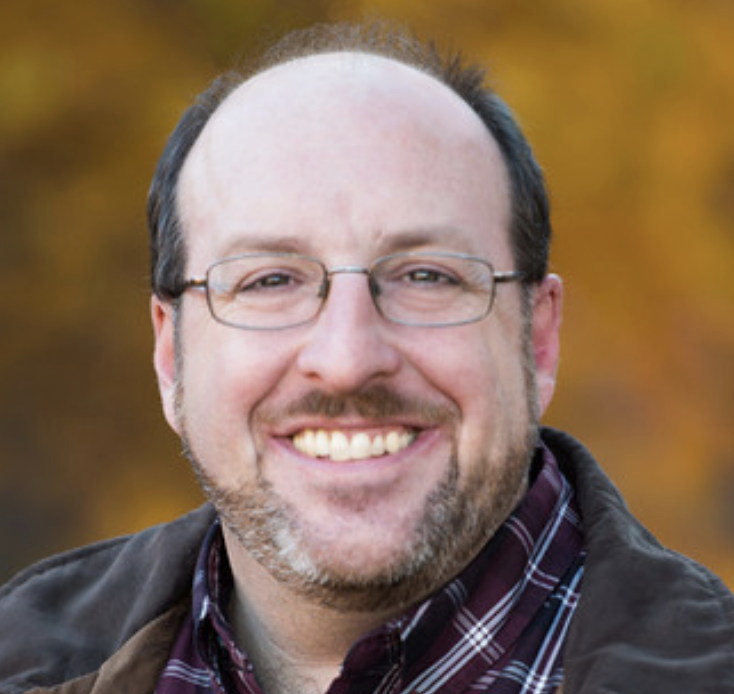
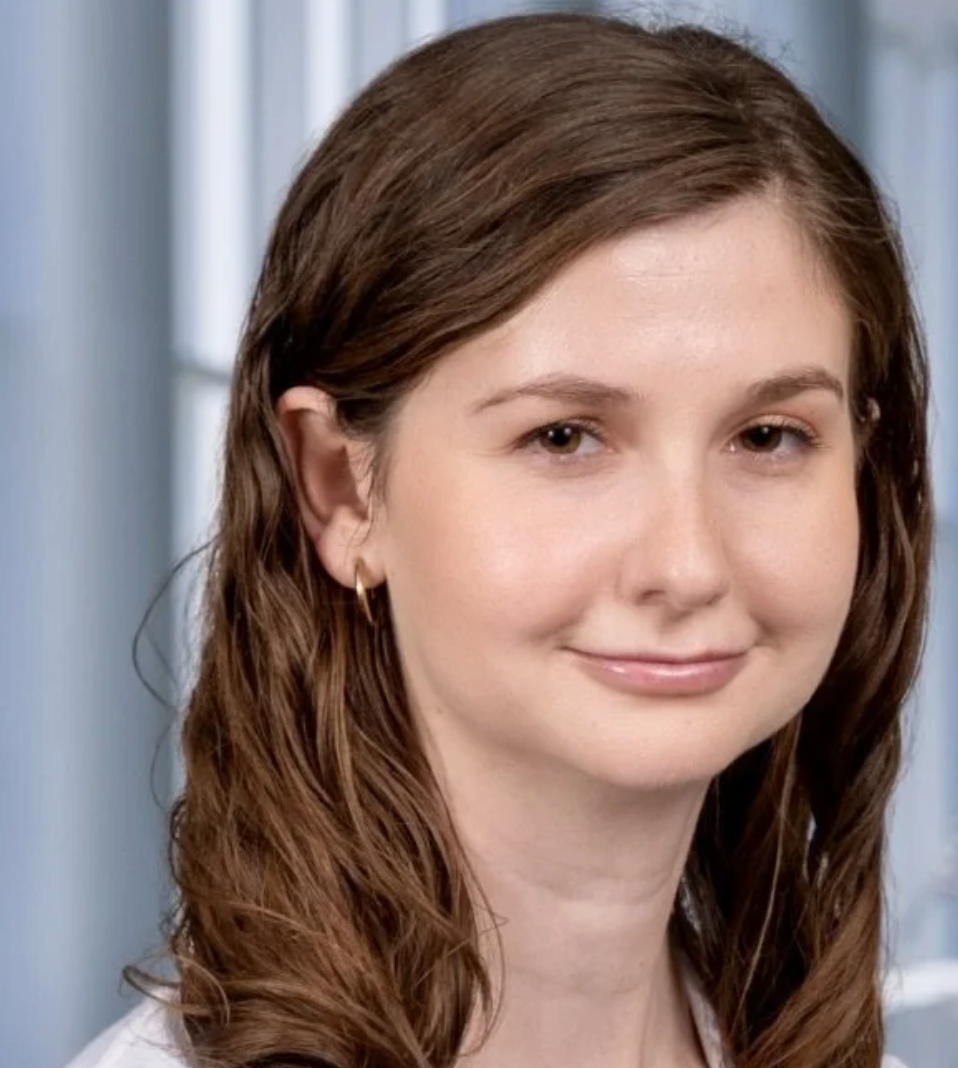


When I read the Field Notes essay “Letter to My Oncologist” (Fall 2025 Intima), I was struck by how the writer, psychologist Julia Dobner-Pereira, watches her physician for the smallest fracture of a moment in composure—and how the physician watches her for the same. Their exchanges sit on a narrow ledge—two people trying to hold each other’s fear without admitting how much weight they’re carrying. I recognized that terrain immediately. As a clinician, I’ve felt patients monitor my breathing, my pauses, my half-smiles.